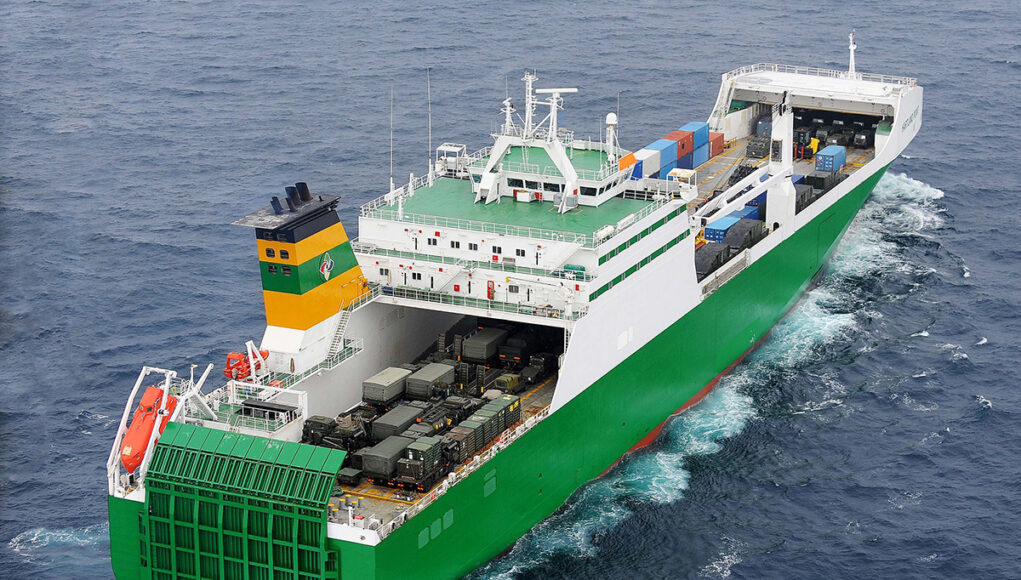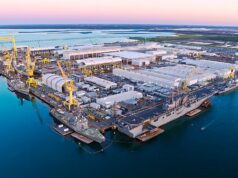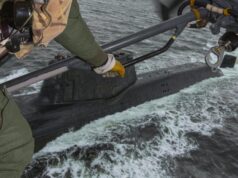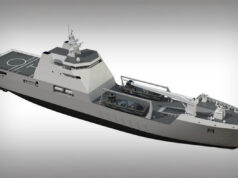The Council on Geostrategy has called for urgent action to address the UK’s logistical vulnerabilities in its latest research on national sealift capabilities, according to a new report.
The report highlights the critical need for a strategic overhaul to ensure the UK’s military and humanitarian operations remain effective in an increasingly complex global environment.
The research underscores that sealift capacity is essential to national security and economic resilience, yet the UK’s fleet has experienced a significant decline. The number of British-flagged vessels available for military objectives has fallen by 41% over recent years, from 841 to just 495, owing to reduced domestic shipbuilding, policy shifts, and budget constraints.
Charlotte Kleberg, Associate Fellow at the Council on Geostrategy, stated in the report:
“Despite operating at distance with extensive networks and logistical expertise that complement military capabilities, British decision-makers often overlook collaboration with commercial logistics partners.”
The report identifies a pressing need for better coordination and planning between government and commercial shipping sectors to safeguard Britain’s sealift capabilities. It also highlights the complementary role that commercial vessels play in supporting military logistics and proposes four key solutions to address the decline:
1. Developing long-term partnerships with commercial shipping for guaranteed vessel access.
2. Enhancing coordination to align military needs with commercial capabilities.
3. Conducting strategic assessments of fleet capacity to identify suitable vessels for missions.
4. Incentivising national shipping through tax breaks or subsidies.
The report also places the UK’s challenges in a global context. The United States has seen its reserves of vessels drop by 60% over the past three decades, while China has invested heavily in dual-purpose commercial vessels with military applications since 2015.
Kleberg further emphasised:
“Commercial solutions should not be viewed as a substitute for investing in and maintaining a government-controlled sealift capacity and well-balanced fleet of purpose-built RFA vessels, but as a complementary resource to the government when demand for transport increases rapidly.”
As the UK government reassesses its maritime strategies, the Council on Geostrategy warns that proactive planning and partnerships with the private sector will be critical to bolstering fleet readiness and maintaining global operational capabilities.
At the UK Defence Journal, we aim to deliver accurate and timely news on defence matters. We rely on the support of readers like you to maintain our independence and high-quality journalism. Please consider making a one-off donation to help us continue our work. Click here to donate. Thank you for your support!














Shame we got rid of two of the six point class ships….
Wait to the S.D.R, they ,ll boost the cuts.
I don’t know HMGs when it comes to Defence matters 🙄